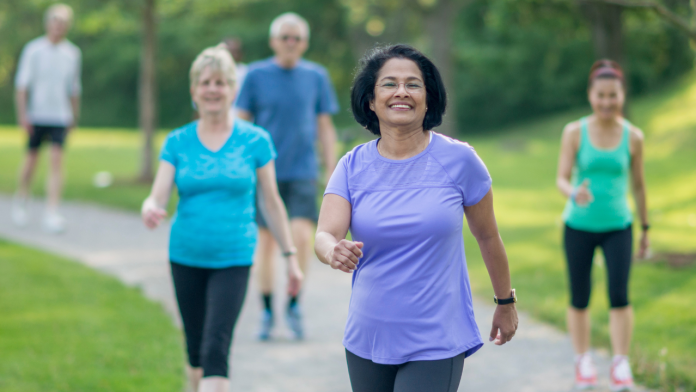A recent study has found that the habit of physical activity can increase life expectancy by up to 11 years. This is particularly important for those who are physically inactive.
Study Background
New research suggests that the impact of physical inactivity on life expectancy may be much greater than previously thought. The study indicates that among individuals over 40, those in the most physically active 25% may live approximately five years longer on average.
This study was recently published in the British Journal of Sports Medicine and was led by researchers from Griffith University, Australia. Conducted with the collaboration of researchers from various global institutions, this study provides more comprehensive data compared to previous research.
Most earlier studies relied on self-reported data. However, this research utilized mortality statistics from the National Center for Health Statistics at the Centers for Disease Control and Prevention (CDC) in the United States in 2017. The study analyzed data from 36,000 individuals over the age of 40 who participated in the National Health and Nutrition Examination Survey between 2003 and 2006.
Key Findings
The study found that those who are most physically inactive have the highest potential for increased life expectancy. According to the lead author, Professor Lennert Veerman of Griffith University’s Public Health Department, “Inactive individuals have a significant opportunity to extend their life expectancy.”
The research showed that if the level of physical activity matched that of the most active 25% of the population, Americans over 40 could live an average of 5.3 years longer. If the most inactive individuals reached the highest activity levels, their expected lifespan could increase by up to 11 years.
Recommendations
Experts suggest that engaging in 150 to 300 minutes of physical activity per week is crucial for longevity and good health. Even simple habits like regular walking can bring long-term benefits.
This article is intended for informational purposes only. It is not a substitute for professional medical advice. Please consult your doctor for any health-related concerns.


